Ever been invited to have a go on the dentist’s drill? That thought is surely on the mind of anyone visiting the dental clinic for the first time. Even though it may seem interesting to find out what its feel like, it is important to be aware that when it comes to dental tools, safety must always be prioritized above all else.
If used incorrectly, dental drills can be serious cause for concern due to the incredibly sharp edges which could puncture skin or tissue and result in accidental harm. Neglecting to follow established safety protocols when handling such equipment could put even an inexperienced person in peril, so it is imperative to familiarize oneself with these rules to ensure your own protection.
The second element to consider about the dental drill is its intended usage. You should never try to handle the tool by hand: it is meant only for the teeth and gums of a patient, and its electric power can cause harm if not careful. Before touching a dental drill, make sure you receive explicit approval from a professional dentist or assistant.
When interacting with a dental drill, it is crucial to take precautions and use the proper protection to prevent discomfort and even pain. This must-have safety gear includes protective gloves, as the high levels of noise and vibration created by the drill can be damaging. By guarding oneself against these potential hazards, those handling a dental drill can ensure that no harm comes their way.
Properly operated, the dental drill safeguards the teeth and gums of its patient – never to be used as mere plaything or to perform any action other than treating oral health. That is why anyone handling the dental drill must seek the approval of a professional dentist or qualified dental assistant.
To ensure safety, the use of dental drills must be conducted with caution and only with permission from a qualified medical professional. Furthermore, protective gloves and gear should be worn when operating the powerful tool. By understanding and following these procedures, one can guarantee their protection from any harm that may arise while handling the drill.
In any dental professional’s toolkit, the dental drill is truly one of the most indispensable pieces. After all, it facilitates countless techniques that are meant to help patients keep their mouths healthy. But who said anything about you having to actually touch this medical apparatus?
There is a strong and clear reply to the question of whether you should handle a dental drill: a firm “no”. The strength and sharpness of its parts can be perilous, leading to serious harm if not used appropriately. Even when turned off, contact with the driller bit poses a risk of being shocked.
Nothing is more critical than entrusting the use of a dental drill to those qualified to handle it. Without proper expertise and practice, even those familiar with dental tools may not possess the knowledge and aptitude necessary for successful and secure operation of this intricate instrument. It is for this reason that trusted dentists or their attendants are the only appropriate personnel to operate a dental drill.
Despite what you may think, dental drills come packaged with materials that can be damaging to your wellbeing if inhaled or swallowed. It is important to take note that if you have any doubt about your ability to use a drill correctly, it is better to let certified professionals takeovers this delicate task.
Finally, the dental drill can be a source of infection if you have any cuts or sores on your hands, as the drill bits are oddly sharp and can break through skin. Not only that, but there may be bacteria in the saliva, blood, or other body fluids that the drill accumulates, thus potentially exposing you to a vast array of pathogens if they ever come into contact with your skin.
To summarise, it is vital to recognise the power of dental drills and trust only professionals for their handling. Poorly managing a dental drill can cause severe harm, put one at risk of diseases, and lead to other injurious outcomes; thereby, it is safest to let the practitioners use them.
Related Product
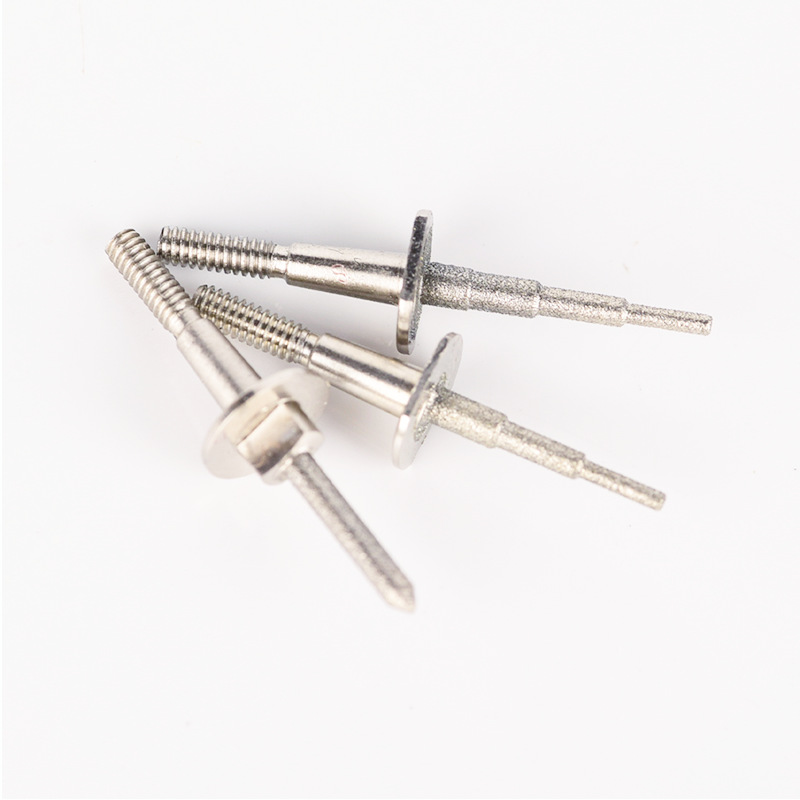
Step Bur Milling Bur Grinder for Glass Cerami
Product Information Origin Tianjing, China Shank Diameter 1.8 (mm) Brand MSK Scope Of Application CEREC3 Grinding Equipment Material Stainless Steel/Carbide Main Sales Areas […]
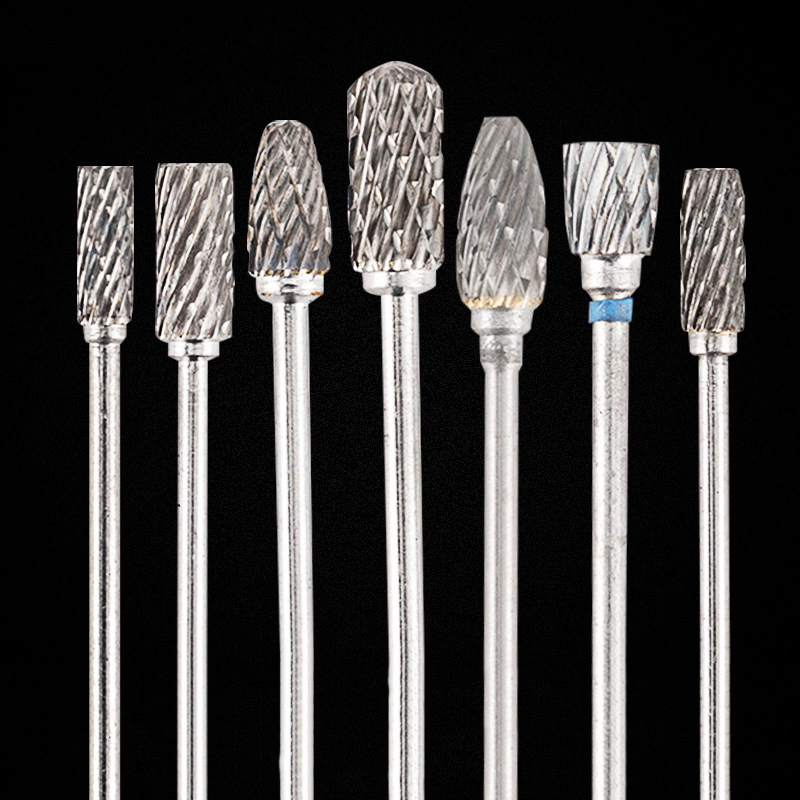
HP Deburring Carbide Burs
Product Information Brand MSK Material Tungsten Steel Model Grinding Head Custom Processing Yes Feature: The dental grinding head is made of tungsten steel with stabl […]
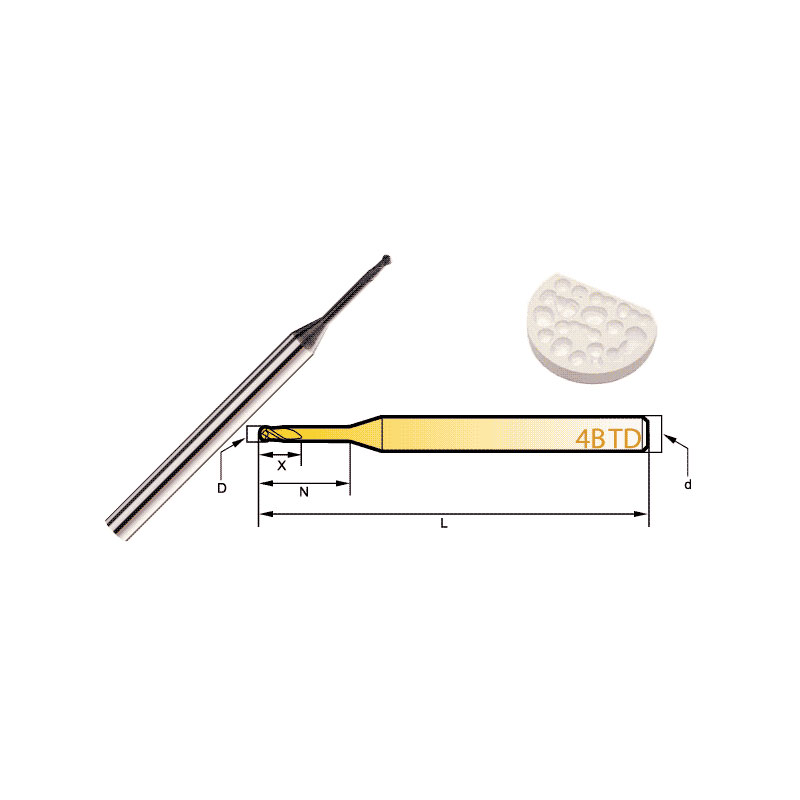
Diamond Bur Ball Round
Product Information Product Name Dental 4-Flute Ball End Mill Brand MSK Model D Number Of BladesZ X N L d 4BTD2060 2 4 6 6 50 3 4BTD2010 2 4 6 10 50 3 4BTD2016 2 4 6 […]
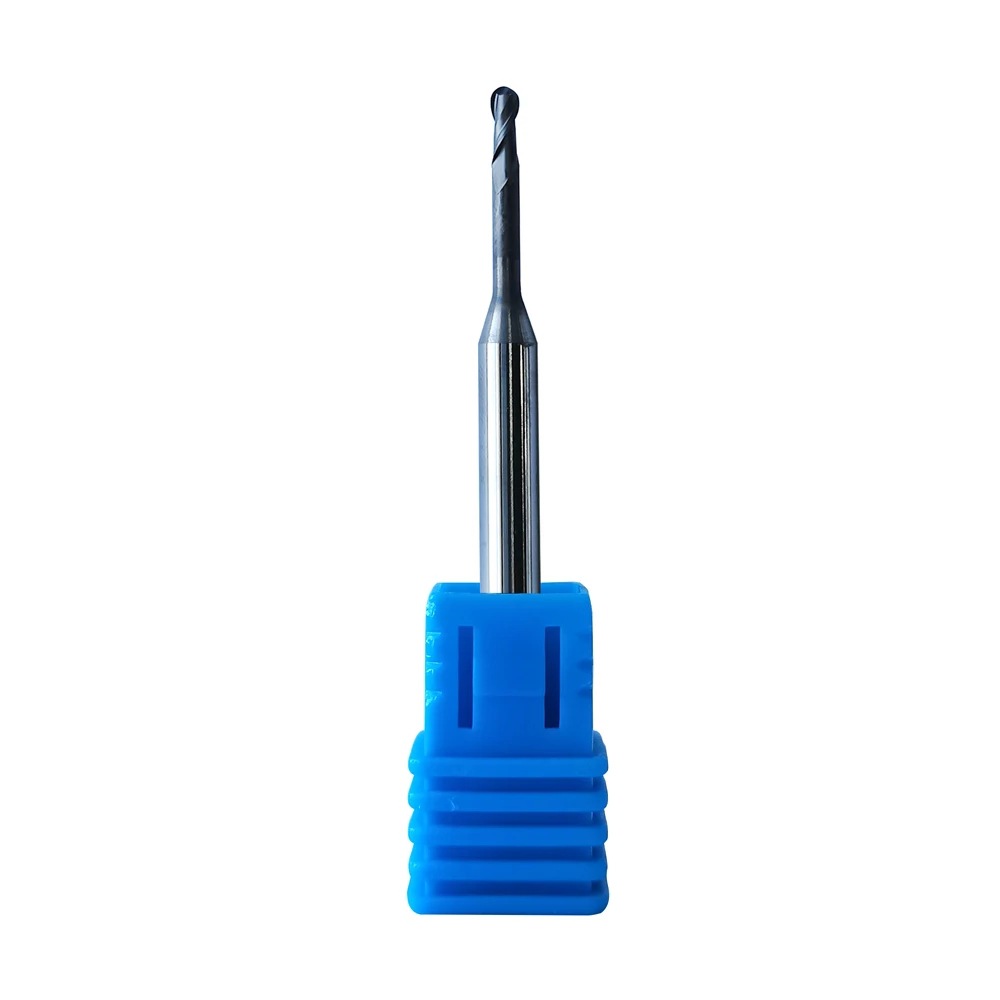
Supply Roland DLC Zirconia Burs
Product Information Origin Tianjing, China Series Dental Bur Brand MSK Cutting Edge Form 2 Blade/3 Blade Ball Diameter (Mm) 0.6, 1, 2 Material Very Fine Grained Cemented Car […]
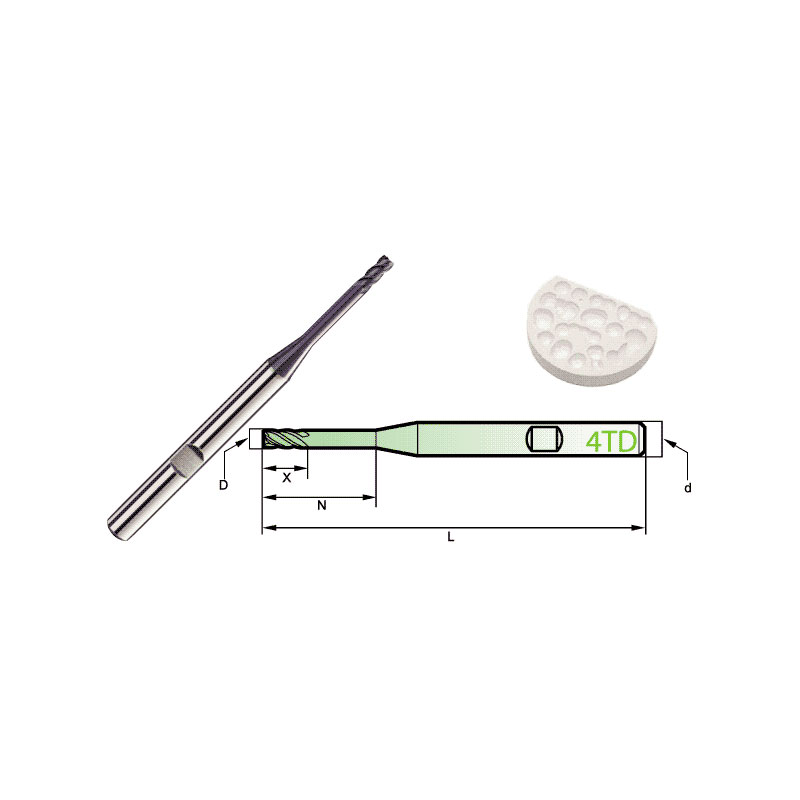
Carbide Roland CAD/CAM Burs
Product Information Origin Tianjing, China Brand MSK Number Of Blades 4 Product Name Dental Special 4-Blade End Mill Model D Number Of Blades Z X N L d 4TD2060HB 2 4 […]
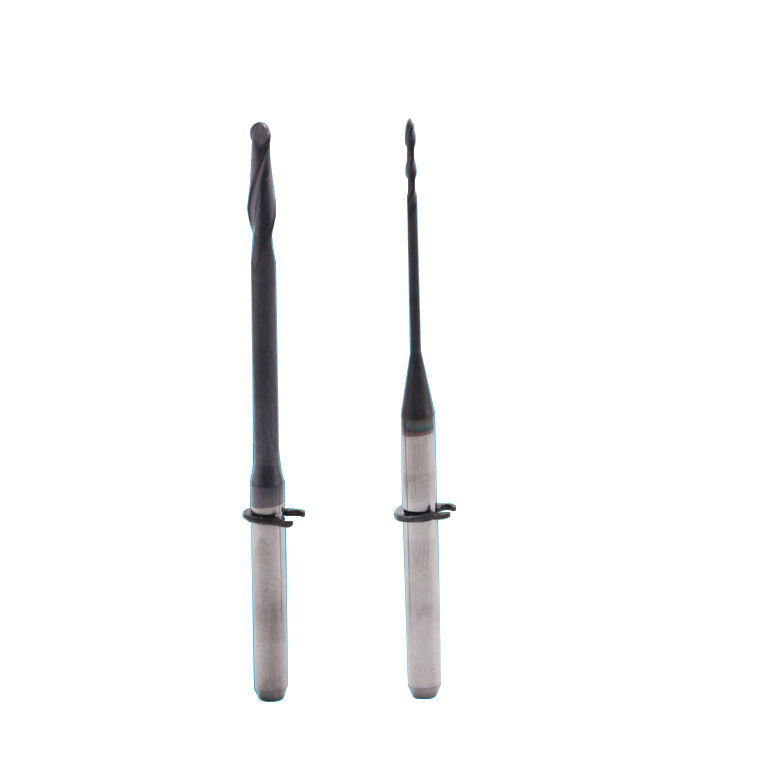
Dental CAD/CAM Milling Burs
Product Information Origin Tianjing, China Material Stainless Steel Brand MSK Applicable Machine Tools A Variety Of Options Custom Processing Yes Whether To Coat No Is It a […]
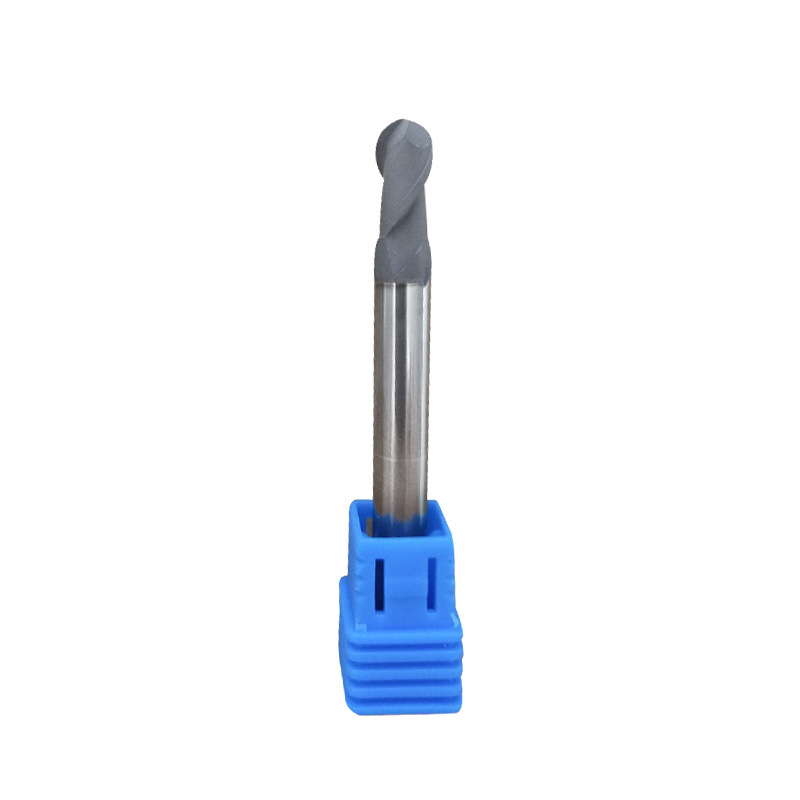
Diamond Coating Round Diamond Cutters
Product Information Origin Tianjing, China Series U Series Brand MSK Cutting Edge Form Helical Structure Ball Diameter (Mm) 3 Material Carbide Minimum Cutting Diameter At Th […]
Post time: 2023-07-25
